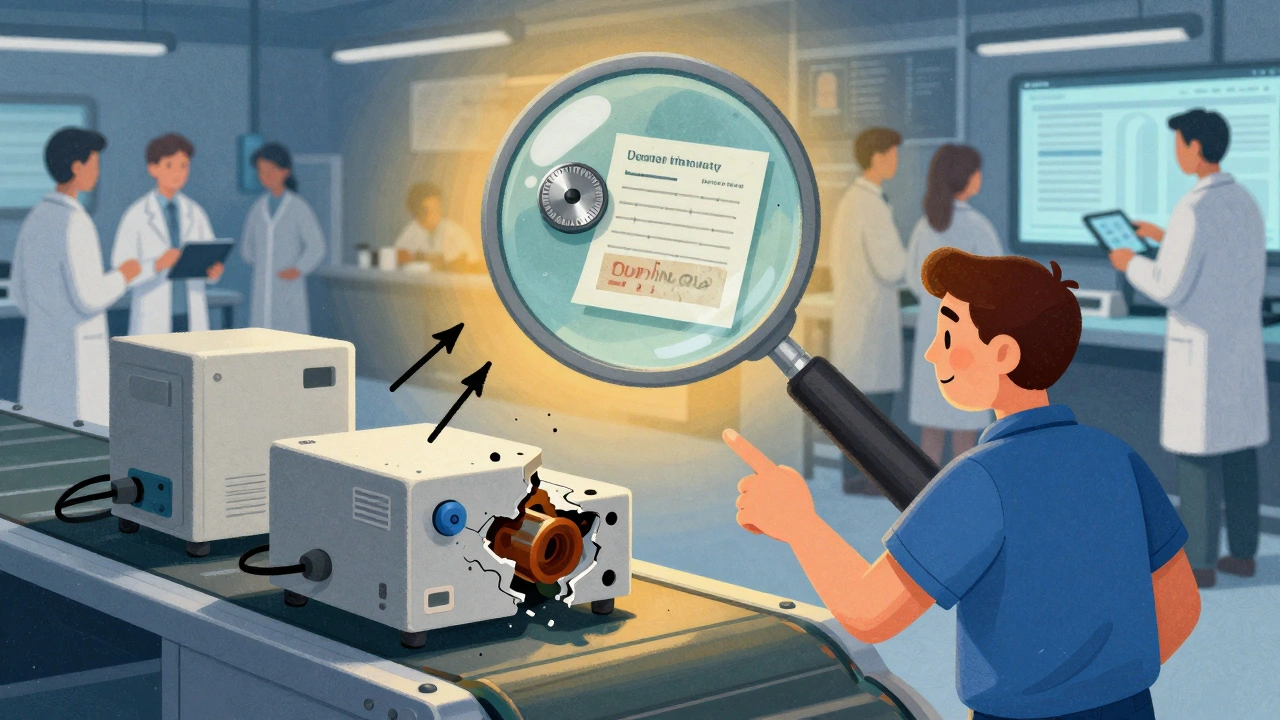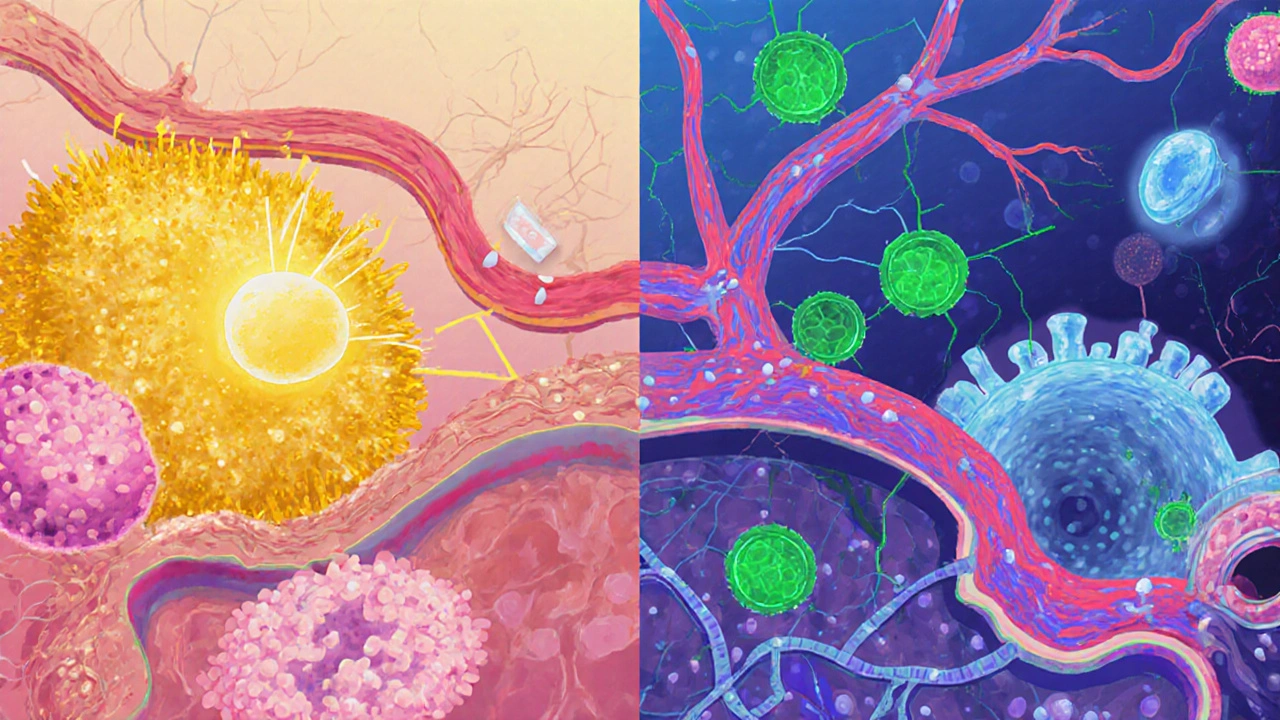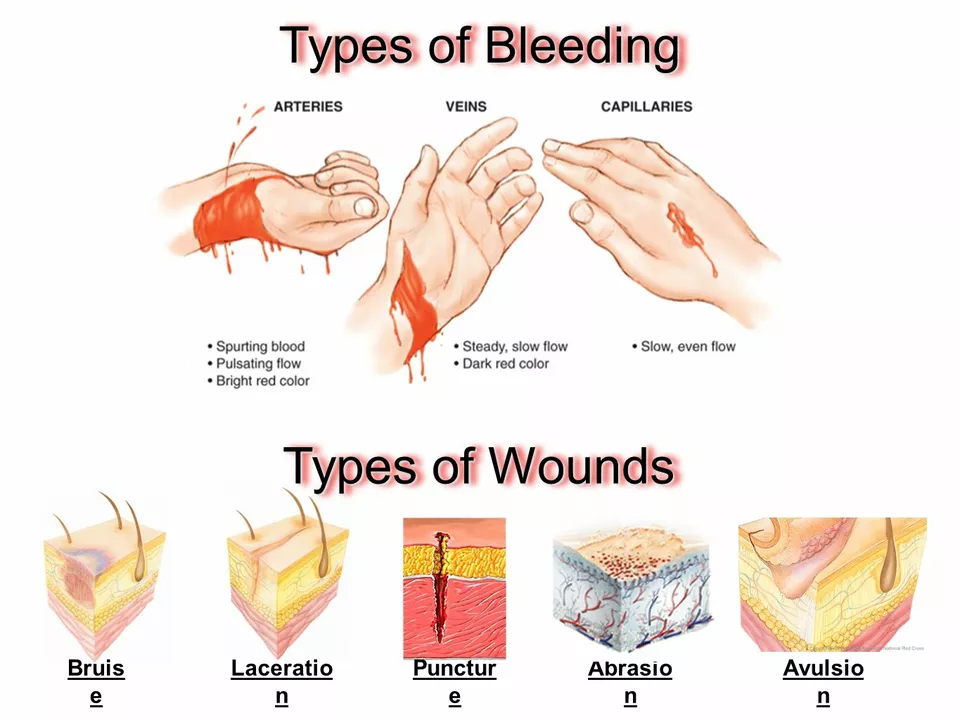Medical Research: Practical Updates You Can Use
Research matters when you or someone you care for needs clear answers. This page brings short, practical summaries of new findings and explains how they could affect treatment decisions. I highlight two recent topics: infection control in burn patients and progress in Alzheimer-type dementia research.
Burn infections
Burn wounds can turn into dangerous infections fast. Recent clinical reports from burn centers show that combining clavulanate with a penicillin-type antibiotic can overcome bacteria that make enzymes to break down drugs. That combination restores antibiotic activity against resistant strains found in burn wounds. For clinicians this means choosing therapies that target likely resistant bugs early, and for patients it means faster control of infection and fewer complications. If you have a loved one with a severe burn, ask the care team whether antibiotic coverage considers enzyme-producing organisms and whether cultures will guide therapy.
Alzheimer research
Alzheimer-type dementia research is moving in small but meaningful steps. Labs are improving ways to detect disease earlier using blood biomarkers and brain scans. Early detection gives doctors a better shot at slowing progression and managing symptoms aggressively from the start. On the treatment side, trials focused on removing abnormal proteins and on protecting nerve cells are progressing, though clear disease-reversing therapies are not here yet. If you are watching memory changes in yourself or someone close, ask about cognitive testing and whether biomarker testing or trial enrollment makes sense.
Both topics show a common theme: matching treatment to the biology we see in patients. Whether it is choosing an antibiotic that neutralizes a bacterial enzyme or using a test that indicates early brain changes, the idea is the same—use the right tool for the right patient at the right time.
How to use this page: check the post list for short articles that explain the research, not just headlines. Read the burn infection post if you want practical steps for wound care teams and families. Read the Alzheimer research post for updates on tests and trial directions. I aim to summarize findings so you can ask sharper questions of your clinician.
Want quick takeaways? For burns: cultures matter, and combinations that include clavulanate can help against resistant bacteria. For Alzheimer-type dementia: early detection and targeted trials are where progress is happening now. If you want me to cover a specific research topic next, tell me which area and I’ll look for practical, evidence-based updates.
I pick topics based on relevance to patient care and new evidence. Each post links to the original study or clinical guideline so you can check the source. I explain what changed, who it affects, and what questions to ask your provider. Posts are updated when major new trials or safety alerts appear. If you work in healthcare and spot an error or want to suggest a practical tip, contact me — I read every message and use feedback to improve summaries. My goal is to make research useful, not confusing. Subscribe for short updates and new posts weekly.

- 13 Comments
Learn the critical difference between serious and non-serious adverse events in clinical trials, when each must be reported, and how misclassification impacts patient safety and regulatory efficiency.

- 11 Comments
Calibration and validation are essential for manufacturing quality, especially in medical devices. Learn how to meet ISO 13485, FDA, and CLIA requirements, set proper intervals, avoid common mistakes, and prepare for 2026 electronic record mandates.

- 10 Comments
Corrective actions in manufacturing go beyond fixing defects-they eliminate root causes to prevent recurrence. Learn how structured CAPA systems, rooted in FDA and ISO standards, reduce defects, cut costs, and ensure compliance.

- 16 Comments
Explore how allergic disorders and autoimmune diseases share genetic, environmental, and inflammatory pathways, and learn practical steps to manage both conditions.

- 13 Comments
As a blogger, I've recently come across an important aspect in the management of infections in burn patients - the role of clavulanate. Clavulanate is a powerful antibiotic that works by inhibiting the enzyme responsible for breaking down penicillin, making it more effective in treating bacterial infections. In the case of burn patients, clavulanate helps combat life-threatening infections caused by resistant bacteria. This drug, when combined with other antibiotics like amoxicillin, provides a more comprehensive treatment plan for those suffering from burns. Overall, the inclusion of clavulanate in the treatment regimen is crucial for the effective management of infections in burn patients.

- 17 Comments
In my latest blog post, I've delved into the most recent research on Alzheimer-type dementia, highlighting both the progress and challenges faced in this field. While significant advancements have been made in understanding the disease's underlying mechanisms, we still have a long way to go in terms of developing effective treatments. One major challenge is the complexity of the disease, which involves multiple factors and pathways. However, ongoing research offers hope for future breakthroughs, with promising leads in areas such as early detection and potential interventions. Stay tuned for more updates as we continue to learn and fight against this devastating illness.
